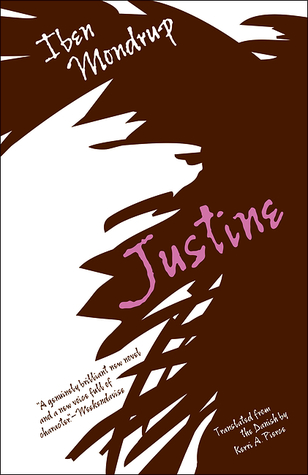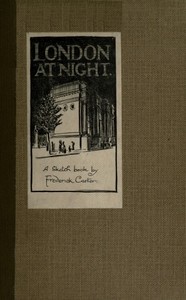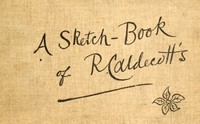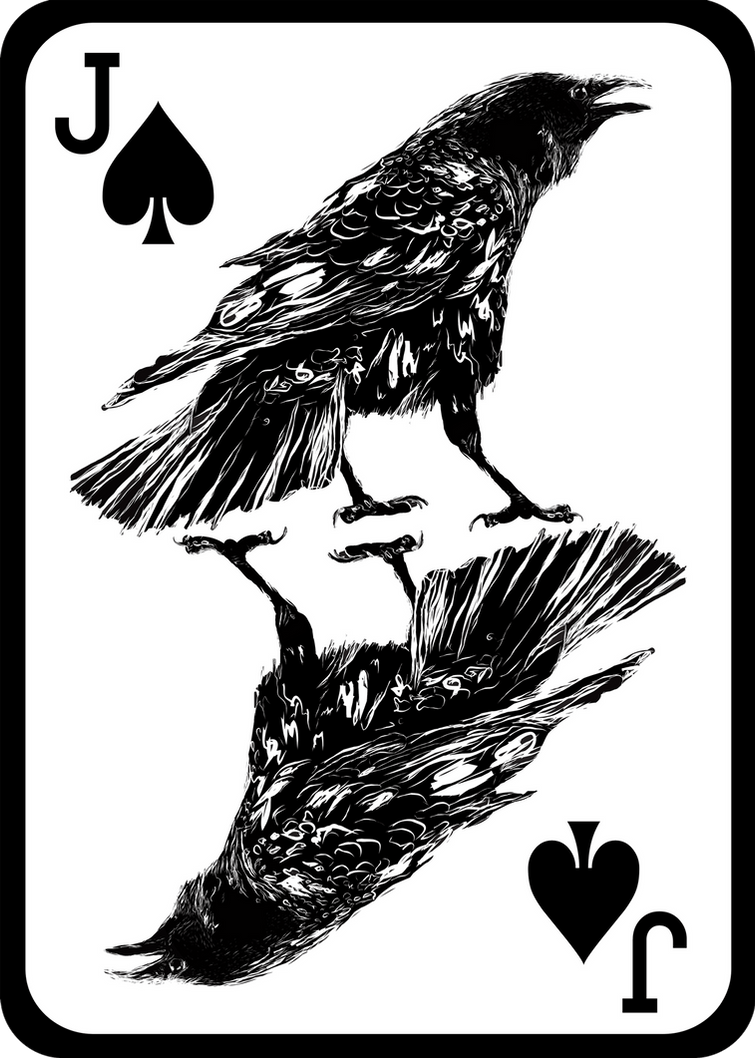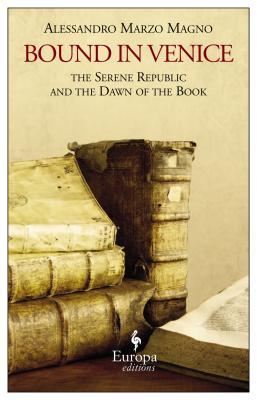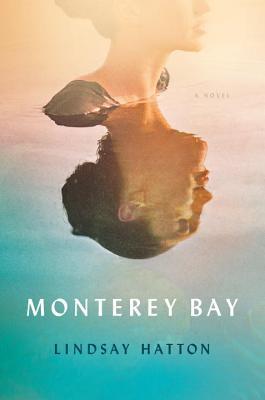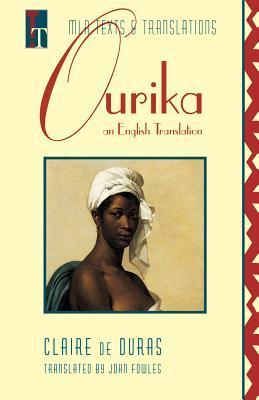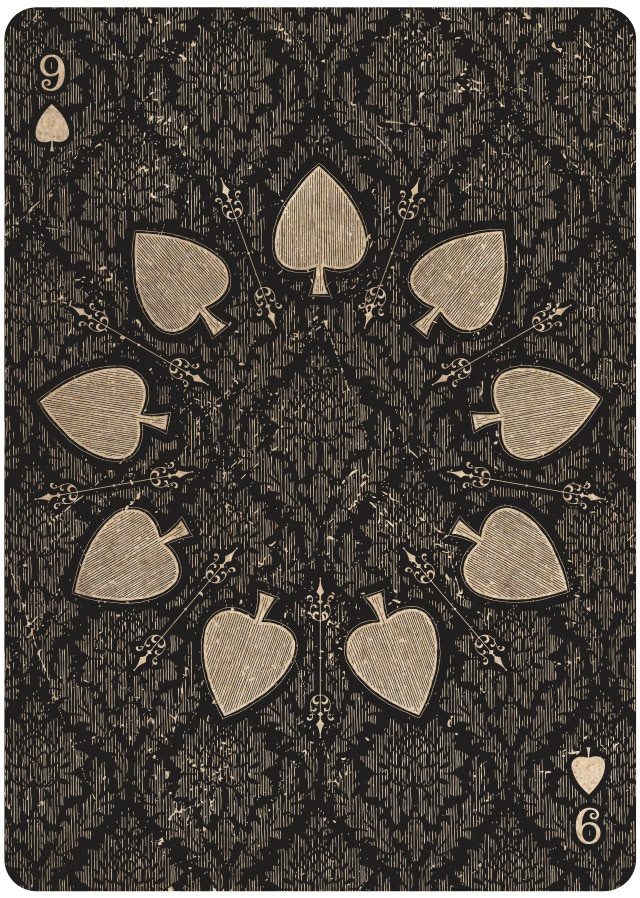Two novels of life in Russia in the post-Soviet era. These are lyrical and haunting, full of family and national myths. Both are from my subscription to New Vessel Press.

 Oblivion by Sergei Lebedev, Antonina W. Bouis (Translation)
Oblivion by Sergei Lebedev, Antonina W. Bouis (Translation)A man travels to a former prison camp in search of the story of an odd neighbor who was a sort of adoptive grandfather to him.
The Year of the Comet by Sergei Lebedev, Antonina W. Bouis (Translation)
Coming of age in Moscow as the USSR collapses. Impossible to put this down.
Some background by Sergei Lebedev on the New Vessel Press blog:
A biographical essay North and East
A biographical poem Two Red Stars

Seeing Red by Lina Meruane, Megan McDowell (Translation)
In this (somewhat autobiographical) novel a Chilean writer becomes blind from a complication of Diabetes. While there is description of the clinical progression of her condition, it is much more about her sense of self and her relationships, particularly with her lover and her mother, as she becomes (or is perceived by them to become) dependent on them.
Another excellent book from my subscription to Deep Vellum Publications.
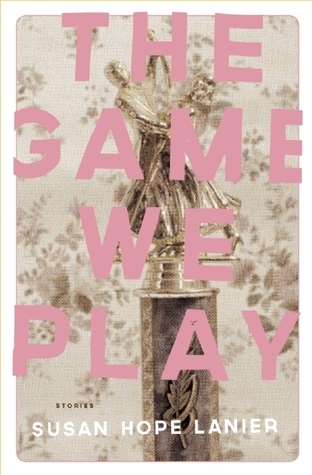 The Game We Play by Sooze Lanier
The Game We Play by Sooze LanierThere is a lot of variety in these stories. There are a couple of misses, but most are quite good. Most are set in Washington, DC. How Tommy Soto breaks you heart is a girl-loses-boy high school story; In Cat and bird two college freshman girls get to know each other; Over Shell Drive is a puzzling father-daughter tale; Raz-Jan deals with an immigrant father-son relationship; Sophie Salmon has an eating disorder; Felicia Sassafras is fiction is about a writer bored with a character she has created; Night hawk is a drug deal gone bad; Selflessly, with pleasure is a mercifully short (two pages) bit about a sex toy; Now that all danger is averted has a couple dealing with loss; At bat tells of a crucial ninth inning at bat from two points of view: batter and fan. (I've highlighted my favorites.) My copy from a blog win at The Quivering Pen.

The Pirate by Jón Gnarr, Lytton Smith (Translation)
The second book in the three-part memoir of the Icelandic actor, comedian, and politician. This one deals with his teenage years when he tried to start an anarchist punk band, avoided school, and endured a great deal of bullying.
Gnarr is really fun to read although he deals with serious topics of a difficult childhood. The first book was The Indian which I read in August 2015. The final book is The Outlaw which should arrive any day now. (They have already sent me the ebook but I prefer to wait for the print edition.)
Another book from my subscription to Deep Vellum Publications.
Justine by Iben Mondrup, Kerri A. Pierce (Translation)
Justine is an artist who loses everything--her house, her work, all her belongings--in a fire. She has also recently split with her lover. As she tries to rebuild her life and prepare some pieces for a scheduled exhibition, her story is revealed in layers of out-of-sequence memories. This is a dark tale, with frantic sexual exploits, misogyny, jealousy, as she searches for artistic expression in the male-dominated world of Denmark's art scene.
One of my subscription books from Open Letter Books
Cutting Back: My Apprenticeship in the Gardens of Kyoto by Leslie Buck
The title almost says it all--except it doesn't explain that Leslie Buck was a thirty-five year old American woman serving as a tree pruning apprentice in an almost all male workplace. Adjusting to the cultural differences between being her own boss in California to taking orders from everyone on her work crew in Japan wasn't always easy. The tools were new to her so her body ached, there was no stopping work because of rain and snow, and it was a six day work week. She got through it with grim determination, a sense of humor, and a love for her art. A very enjoyable account.
I received Free advance review copy.
 |
| “Deal Me In 2017!” |
This was published in Science Fiction Stories 1953 and is now free on Project Gutenberg. It is a tongue-in-cheek account of an odd group of alien life forms. The first sentence: "It was quite by accident I discovered this incredible invasion of Earth by lifeforms from another planet. As yet, I haven’t done anything about it; I can’t think of anything to do. I wrote to the Government, and they sent back a pamphlet on the repair and maintenance of frame houses."
Quite short and fun to read. Hard to say more without spoiling.

This week's card: Ace of Diamonds. This one is part the Odd Bods deck from Art of Play. "When they first appeared in 2012 for the exclusive enjoyment of members of the prestigious Folio Society, the design world fell in love. Odd Bods were playful, charming, elegant, and above all else, a joy for the eyes."
This woman on the ace catches the whimsical spirit of Dick's story, but a scroll through the samples provided by Art of Play brings up the Ten of Spades, which better illustrates the story.
The Faithful Soldier, Prompted by Saladin Ahmed
Much of the pleasure of the Deal Me In short story challenge is discovering what others are reading. I read this story because of a brief review by participant Katherine at The Writerly Reader.
